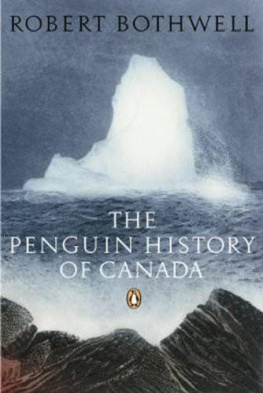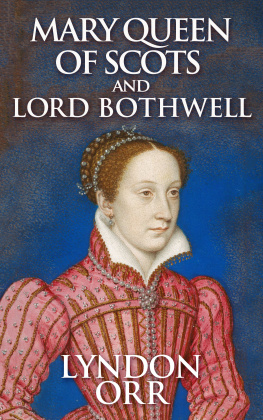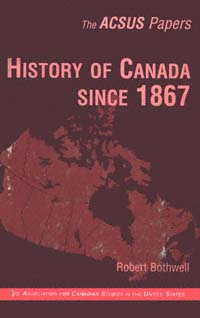| The study of Canada begins with a political distinction: It is a parliamentary democracy that is also a constitutional monarchy in the northern half of the continent, so its form of government is unlike that of the United States or any other countries on the American continents. The distinction derives from Canada's history, and such is the weight of that history that no serious political movement has ever arisen that sought to alter the monarchical aspect of Canada's government. |
| Yet the mere existence of the monarchical principle does not reassure Canadians that their country enjoys not merely a distinction but a genuine difference with the United States. So closely do the two countries resemble one another that most Canadian television can pass as American; the accents, the streetscapes, even the cultural assumptions make the differences difficult to detect. "Toronto," Peter Ustinov once remarked, "is New York run by the Swiss." |
| It is this blurring of identities that makes academic studies of Canadian history inevitable. The familiar turns out, on examination, to be foreign, or almost sorelated, recognizable, but not perfectly comprehensible using the prism of American experience, politics, or institutions. A first theme of Canadian history, accordingly, is that of a distinctive political culture. |
| The major distinction that strikes travelers through Canada is size. Size need not mean geography. Canada is a vast land, but so is the United States. And Americans can travel to more, much more, of their own country than Canadians can to theirs. Much of Canada is largely inaccessible and much more of the country is uninhabitable. |
| The Canada that Canadians know is, in fact, much smaller than the United States, although strung out for more than 3,500 miles in a long band north of the U.S. border. In that 200-250 mile band live roughly 26 million Canadians, approximately one-tenth the population of the United States. This proportion is a useful one to keep in mind. It has been relatively constant throughout most of Canada's history and is a serviceable piece of background information. By itself it helps to explain much of Canada's economic and foreign policy and some of Canada's internal politics. |
| Although Canadians readily accept the fact that their population is smaller than that of the United States, they would be surprised and perhaps pained to learn that their population is also somewhat less than that of Poland, Romania, or Spain. Thus Canada's size, especially in relation to the United States, is a second and inescapable theme in the country's history. |
| Canada's population is not only small but subdivided. Most Canadians speak English and therefore count as English Canadians or "anglophones"; the "anglo" |
|





